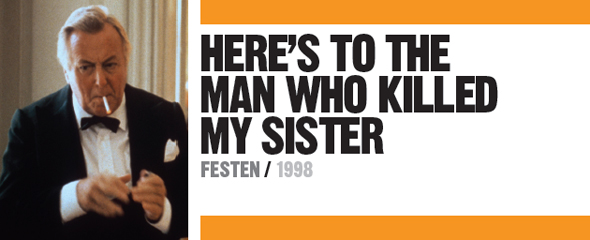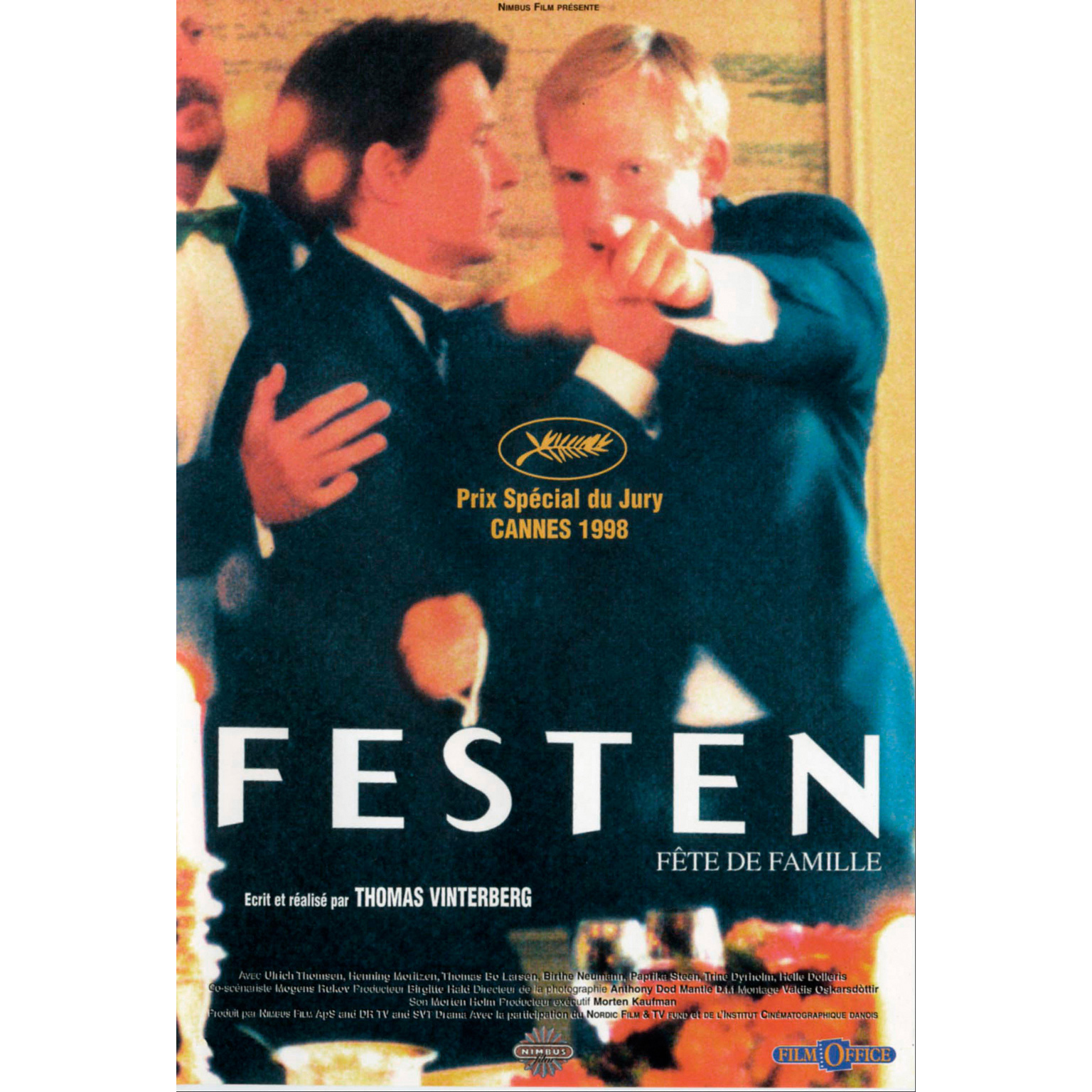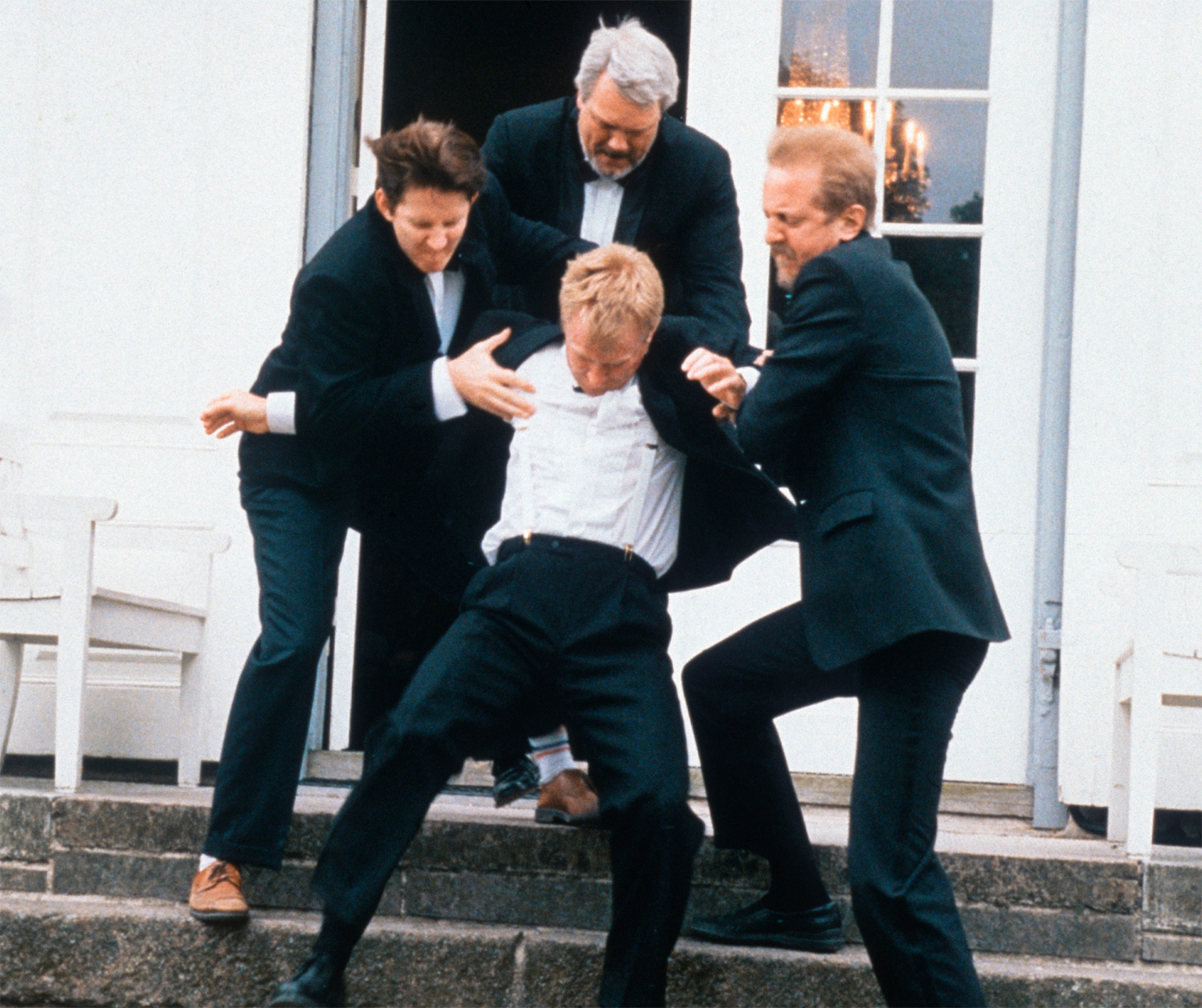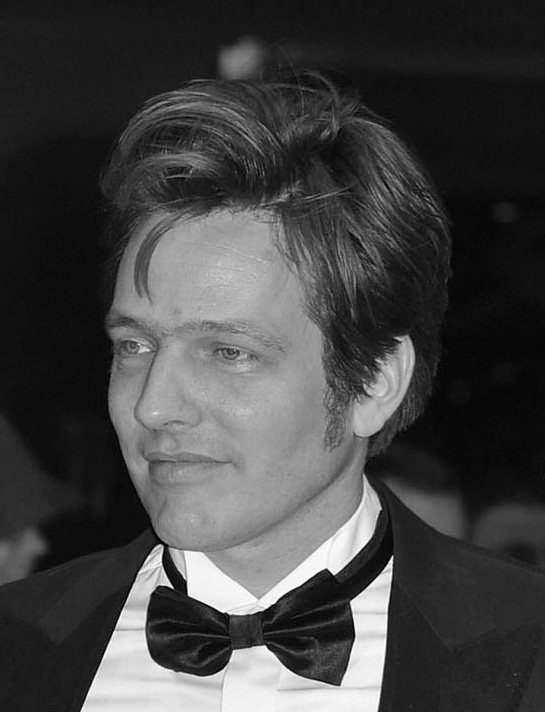The Movie Book (Big Ideas Simply Explained) (2016)


IN CONTEXT
GENRE
Family drama
DIRECTOR
Thomas Vinterberg
WRITERS
Thomas Vinterberg, Mogens Rukov
STARS
Ulrich Thomsen, Henning Moritzen, Thomas Bo Larsen
BEFORE
1960 Jean-Luc Godard brought a new and radical filmmaking style to À bout de souffle.
AFTER
1998 The second Dogme movie is Lars von Trier’s The Idiots, about a group of friends who pretend to be disabled for their own amusement.
1999 US director Harmony Korine makes the first non-European Dogme movie, Julien Donkey-Boy.
On March 13, 1995, a group of Danish filmmakers came together to create an artistic manifesto. There were many rules in this document, but the core idea behind the Dogme 95 movement was the removal of artifice from cinema. Knocking away creative crutches and devices, from music to superficial dramatic tropes such as murder, the goal was to purify movies, to tell stories that are focused entirely on the characters and the moment they are in.
The first Dogme movie, Festen (The Celebration), was Thomas Vinterberg’s contribution to the movement. Following Dogme rules, the movie takes place in one setting, a family-run hotel hosting a patriarch’s 60th birthday dinner. His three estranged children return for the occasion and dark secrets are exposed. The claustrophobia and intense realism of the filming style add to the pressure-cooker atmosphere gradually built up by the proceedings.

In removing artifice, Festen was a self-consciously “little” movie, in the tradition of the French New Wave. It cost just over $1 million to make.
The speech
Festen subverts social conventions, perhaps most tellingly in its use of a formal speech to expose the truths under the veneer of familial politeness. Traditional speeches are often a contrived conversation that is used to mask an agenda or keep the peace—it lends itself to dishonesty. In Festen, however, it is where characters are at their most honest. Once they have tapped a wine glass with a fork, they bare their souls.
In his first speech, Christian (Ulrich Thomsen), the eldest son of the patriarch Helge (Henning Moritzen), accuses his father of committing a terrible crime against his children years earlier, one that ultimately led to his twin sister’s death. In this moment, Christian is fearless, yet a few moments later his father speaks to him privately and the mask returns—Christian apologizes and recants. The party, and the speeches, continue. For a family whose private conversations have been full of lies for so long, it makes sense that the structural artifice of the speech becomes the place to find honesty.
“Don’t diss my family, get it?”
Michael / Festen
Anarchy and order
The Dogme 95 principle was a much-needed stripping back of frippery in the guise of punish prank, ridding cinema of overly familiar trappings in order to get right to the soul of the piece. Festen was one of the first movies to use digital cameras, and this gives it the feel of an uncompromising family video, putting the viewer in the center of the emotional firestorm. In doing so, it makes the audience forget that it is watching a “movie.” There are no musical cues to tell viewers when to be upset, no empowering scenes of revenge. The movie presents the disintegration of a family with a minimum of directorial comment, leaving the audience free to decide what to feel, when to be horrified or amazed. By affording the viewer such trust, Festen leaves an affecting emotional mark.

After making a terrible and very public accusation against his father, Christian (Ulrich Tomsen, center) is forcibly ejected from the patriarch’s birthday party by his younger brother Michael (Thomas Bo Larsen, left).
THOMAS VINTERBERG Director

Thomas Vinterberg was born in Copenhagen, Denmark, in 1969. After graduating from the national film school of Denmark in 1993, he made his feature debut with The Biggest Heroes, a road movie that was met with acclaim in his native Denmark. He later formed the Dogme 95 movement with fellow directors Lars Von Trier, Kristian Levring, and Søren Kragh-Jacobsen. His movie Festen was the first, and most successful, of the movement, and was met with international acclaim, including winning the jury prize at Cannes.
Key movies
1996 The Biggest Heroes
1998 Festen
2003 It’s All About Love
2012 The Hunt
What else to watch: The 400 Blows (1959) ✵ À bout de souffle (1960) ✵ Breaking the Waves (1996) ✵ The Idiots (1998) ✵ Julien Donkey-Boy (1999) ✵ The King is Alive (2000) ✵ Dear Wendy (2004) ✵ The Hunt (2012)